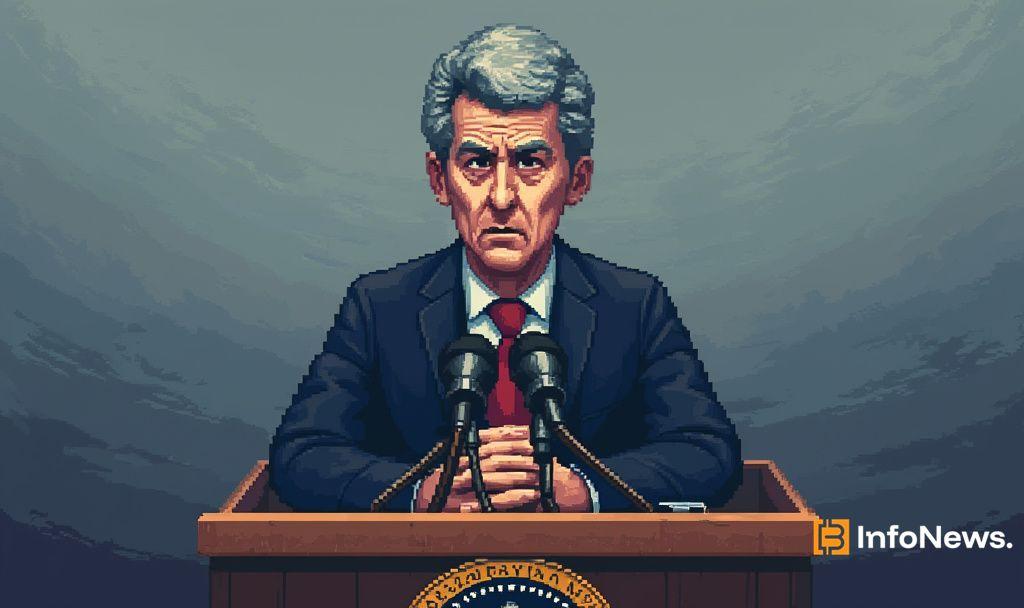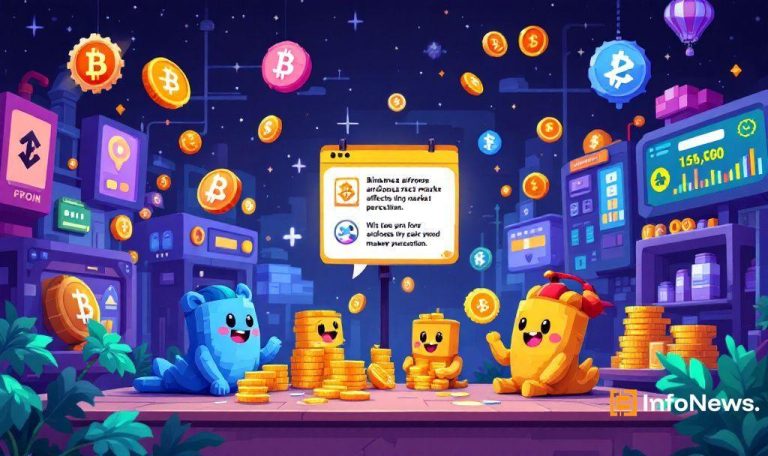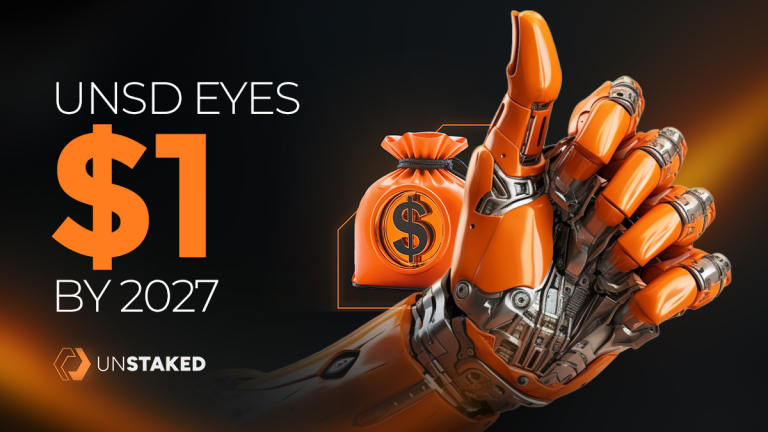Fed Chair Powell: Tariffs to Temporarily Raise Inflation
- Jerome Powell warns about inflation rise due to tariffs.
- Inflation increase expected to be temporary.
- Potential implications for monetary policy decisions.

Powell Predicts Short-Term Inflation Rise from Tariffs
Chair Jerome Powell addressed the impact of trade tariffs on inflation, noting a possible short-term rise. This statement followed increased tariffs targeting goods from several countries. Powell’s remarks signal concern over economic adjustments.
“The level of the tariff increases announced so far is significantly larger than anticipated. The same is likely to be true of the economic effects, which will include higher inflation and slower growth.” – Jerome Powell, Chair, Federal Reserve
Federal Reserve officials, including Powell, emphasize vigilance amid external economic pressures. Tariff-related inflation could influence decisions on interest rates, highlighting the current economic environment’s complexity.
Market Volatility Expected Following Powell’s Statement
Markets may react to Powell’s warning with increased volatility. Investors closely monitor any signals of Federal Reserve policy shifts. Economists anticipate potential consequences for the broader economy, particularly in trade-dependent sectors.
Financial analysts project adjustments in monetary policy may be necessary if inflation increases significantly due to tariffs. This has sparked debate on the best approach to balance economic growth and inflation control.
Historical Precedents of Tariff-Induced Inflation
Similar instances of tariff-induced inflation have occurred in the past. Lessons from these instances suggest careful monitoring and gradual policy adjustments are critical to mitigating negative impacts.
Experts foresee short-lived inflationary effects as historical data shows such impacts usually stabilize. However, ongoing trade tensions could bring unpredictable changes, requiring cautious economic policy adaptation.





